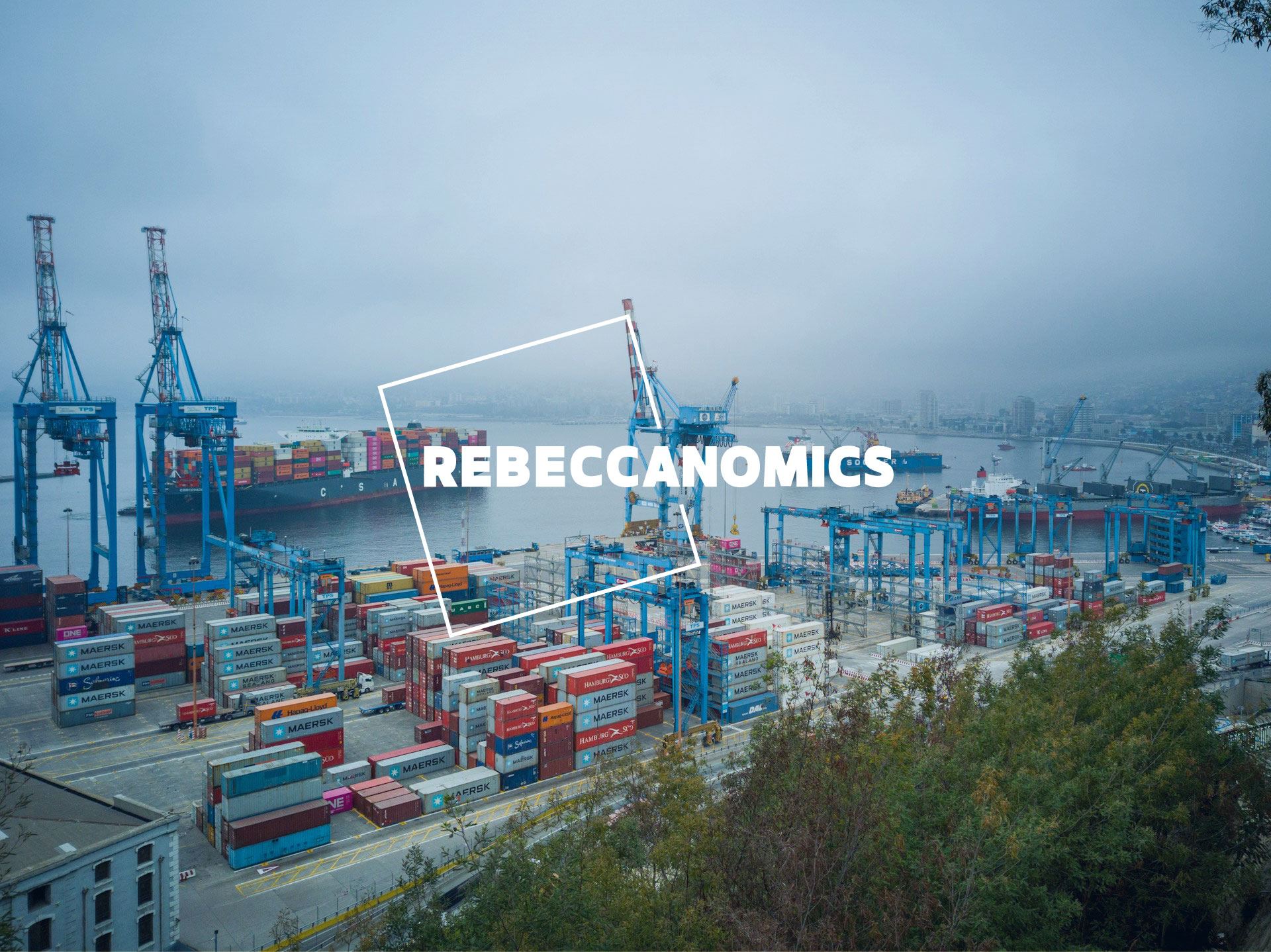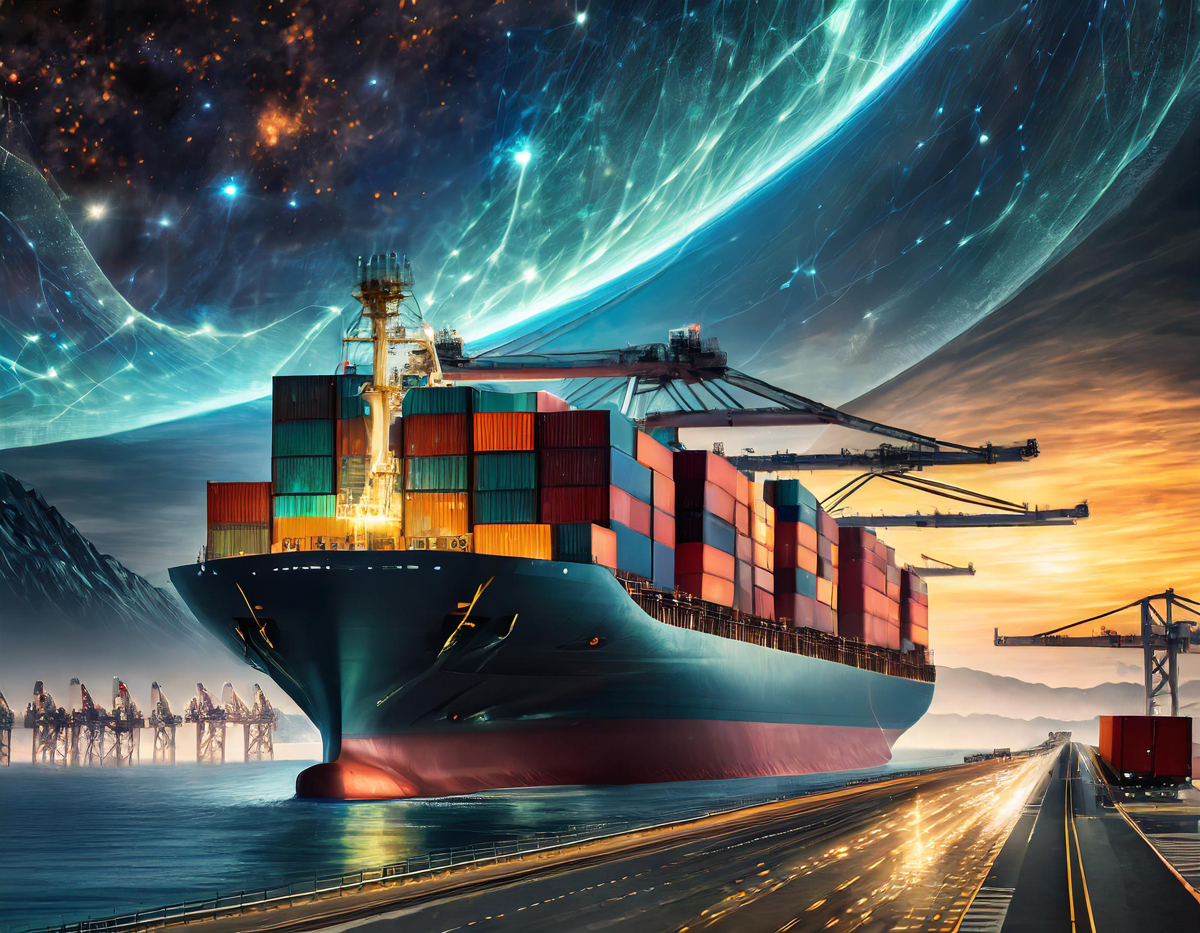
UK & DE Freight in 2024 and Beyond: A Supply Chain Logistics Case Study
Dive into the future of UK & DE freight: Adaptation, green logistics, and technological innovation shaping 2024 and beyond.

Imagine a world where mobile wallets allow universal access to banking. Where AI credit scoring expands lending to unserved communities. Where tokenized securities cut settlement times from days to minutes. Where smart contracts programmatically execute trade finance transactions. And where digital IDs give over a billion people an officially recognized identity.
These innovations are no longer science fiction thanks to exponential advances in financial technology. Fintech promises to accelerate financial inclusion, efficiency and transparency worldwide. But realizing that immense potential hinges on one key factor – cooperation. Because only through collaborative efforts can leading fintech solutions be effectively scaled across borders.
Joint public-private pilot programs should become a priority. Technology holds unique power to foster mutual understanding by revealing shared challenges and opportunities. If harnessed strategically, fintech cooperation can strengthen the social and economic bonds between peoples and nations.
Governments have a pivotal role to play as conveners. The World Bank’s Tech Acceleration Program shows the possibilities. It connects global regulators with fintech startups tackling development goals. Early results range from increasing lending to women entrepreneurs in Turkey by using behavioral AI for credit scoring to streamlining Kenya’s agricultural carbon credit trading process via blockchain.
Similar initiatives could be launched between partner countries – pooling regulatory and technical expertise to test innovations with promise for financial inclusion or efficiency. Sandbox mechanisms provide controlled environments for gathering data and assessing impact. Where pilots succeed, joint infrastructure investments and policy reforms can drive large-scale adoption.
Regional alliances should lead the way. The EU and Africa could launch a digitized, blockchain-based Euro-African payment corridor to reduce remittance costs. The US, Canada and Mexico could collaborate on standardizing digital IDs across North America. ASEAN could develop an integrated real-time payments system for seamless commerce. The scope for catalytic partnerships is endless.
Yes, risks like cybersecurity must be addressed. But the destabilizing threats emerging from lack of economic opportunity globally are far graver. If grasped proactively, fintech can connect humanity through commerce in ways never before possible.
And collaborating across borders on financial innovation can foster invaluable goodwill. Working together, nations gain understanding of common dreams for prosperity. Communication channels expand. Stereotypes fade. And relationships cement.
The world faces immense tensions – from pandemics to climate change. But cooperation is humanity’s salvation. With foresight and courage, fintech partnerships can light the path to a future of shared peace and plenty.

Dive into the future of UK & DE freight: Adaptation, green logistics, and technological innovation shaping 2024 and beyond.

Join Dr. Rebecca Harding in a crucial discussion on sustainability in economics. Dive into why regulators must evolve GDP metrics to include sustainability for an accurate portrayal of our climate challenges and the journey towards actionable global solutions.

Explore the intricate relationship between trade fragmentation, geopolitics, and supply chain resilience with Dr. Rebecca Harding. Learn why understanding the political landscape is crucial to making economic sense and how strategic trade is shaping the 21st-century battleground.

Uncover the strategic necessity of Supply Chain Resilience in our latest piece by Dr. Rebecca Harding. Discover how today’s trade becomes a domain of warfare and why intelligence in supply chains forms the New Tradecraft in safeguarding national security.

Discover how biometric technology could revolutionize global trade, offering seamless and secure cross-border transactions by reducing inefficiencies at customs and immigration, with real-time tracking and smart contract integrations, promising a future of frictionless international commerce.

Decentralized finance innovations could eliminate inefficiencies and increase transparency across global supply chains. But what are the challenges to mainstream adoption?

With sufficient coordination, shared biometric databases could allow automated frictionless passenger and cargo tracking across borders.

Cyber warfare is emerging as a potent tool for states to destabilize rival economies. But what are its limits compared to conventional coercion?
Contact
Services
About
Insights
Rebecca’s Bio
Terms and conditions
Privacy